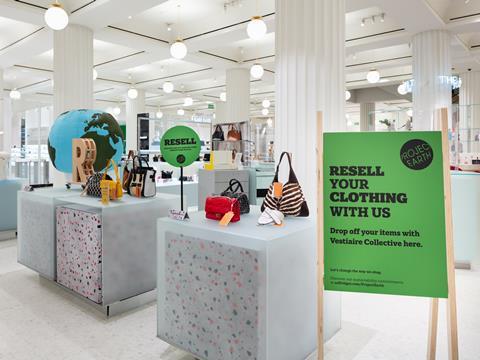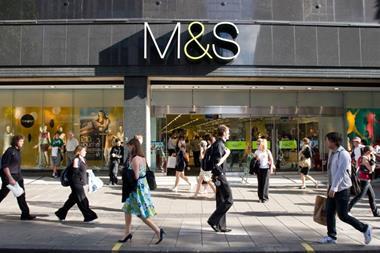Annual spending on ethical products and investments has surged past £100bn for the first time after the coronavirus crisis and climate fears sparked lifestyle changes among consumers.

Shoppers increasingly turned to plant-based foods, second-hand clothes and furniture and greener gadgets during 2020, according to a Co-op report, covering the most recent year for which full data was available.
The value of the “green” pound rocketed by almost a quarter to £122bn during the year, as consumers spent £61bn on ethical products and services – up almost 30% on 2019 levels.
That figure equates to £2,189 per household, more than double the £1,028 level recorded in 2010.
The ethical food and drink market was worth £14bn in 2020, according to the Co-op’s ethical consumerism report, as sales of vegetarian and plant-based products soared 34% to £1.5bn.
Sales of second-hand clothes increased almost a quarter to £864m, while spending on “pre-loved” furniture jumped more than £100m to £837m.
Eco-travel and transport sales soared 70% to £12.2bn, buoyed by a rise in electric car ownership and increased cycling levels during the Covid-19 pandemic.
The market for greener energy, which includes energy-efficient household appliances and gadgets, swelled by a third, while consumers ploughed a further £57bn into ethical savings and investments.
The annual data, which reveals how consumers’ shopping habits reflect their concerns around the environment, animal welfare and social justice, also suggested that shoppers were boycotting brands that did not meet their expectations around ESG (environmental, social and governance).
Such businesses suffered a combined £3.9bn in lost sales, £600m more than in 2019, the report said.
Co-op chief executive Steve Murrells said shoppers were “turning up the heat to boycott businesses that fail to act on ethical or social concerns”.
He added that such boycotts were a “warning to brands that they must do business in a better way for workers, communities and the planet”.
- Don’t miss the best of the week – sign up to receive the Editor’s Choice every Friday


























No comments yet